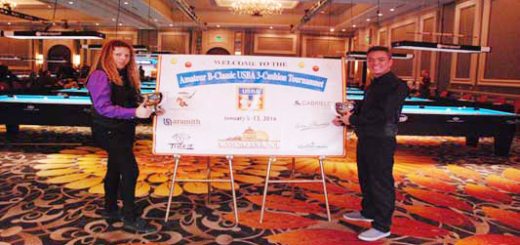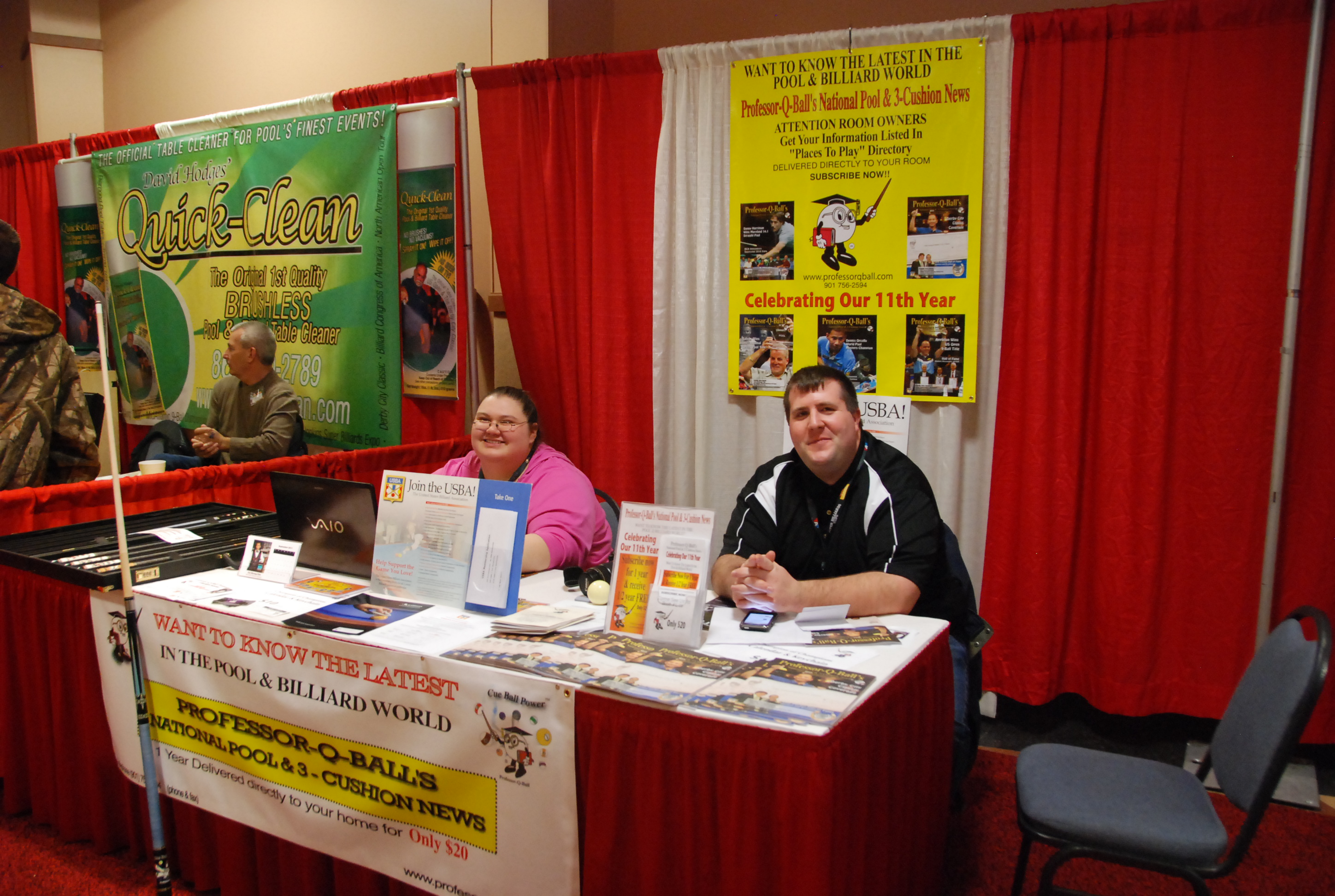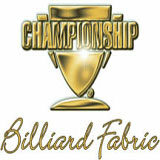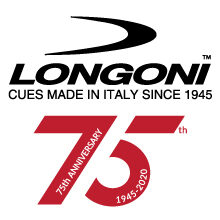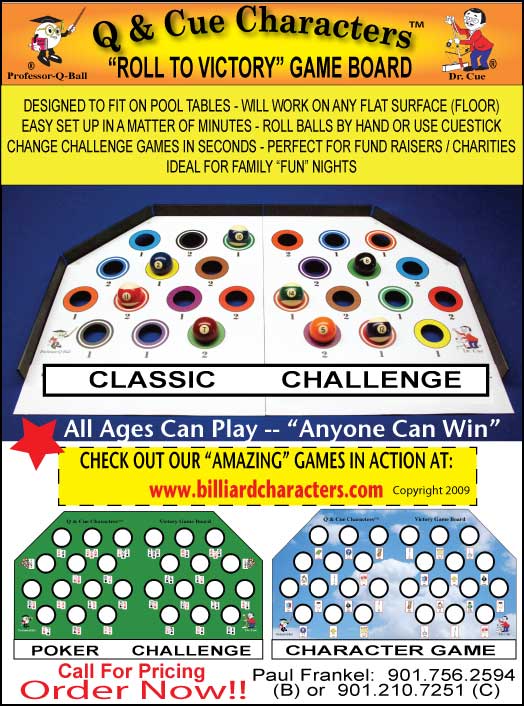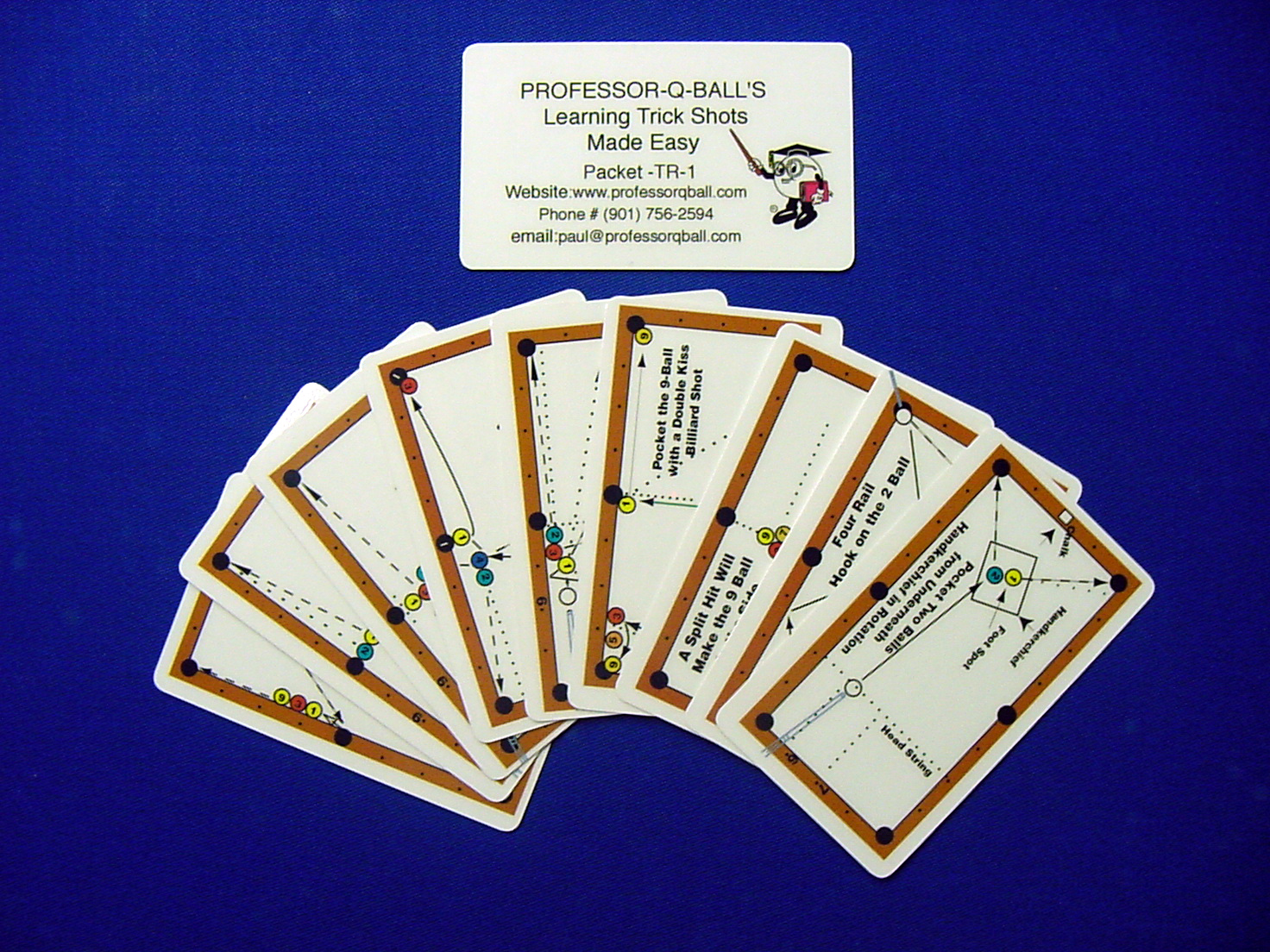What Matters?
What Matters?
by Tom Simpson – All Rights Reserved – PoolClinics.com

Let’s look at some of the vital qualities of better players. What does it take to get better? Beyond knowledge, technique, and experience, what matters? What might you change or improve that will raise your game – or at least raise your enjoyment of the game?
Intention: To me, this is the number one ingredient in getting better at pool (or anything). You have to want to get better, and clearly intend it to happen. The more clear your intention, the more clear your results. Expect to improve and to play well. Plan for it. Doubt is the enemy.
Acceptance: If you are deluding yourself about how well you play and how much you know, you won’t be as open to change. When new information appears, you “already know”, so you don’t pay close attention. To get better, it helps to seek the truth about where you are, and accept it. If you don’t accept where you are, you won’t work on the right things. Face your flaws.
Belief: It’s vital to believe you can make the improvements, that you really can get from where you are to where you want to be. If you, in your heart of hearts, don’t believe it, it won’t happen. Believe while you achieve.
Curiosity: In all sports, arts, and intellectual pursuits, there is always far more to know, understand, and embody than outsiders would ever suspect. Improvement in pool can come from deepening knowledge of ball behavior, pattern play, position play, and strategy. Great pool players are always learning, always exploring new ideas, always curious. Why did those balls do that? How did that guy make that shot? Why did that world-class player play that safety? If pool isn’t intrinsically interesting to you, why are you doing it?
Tenacity: You have to be willing and eager to tackle a problem and not let go. If you give up easily, you won’t improve. If you don’t believe you can do it, you’re right. I know a player who is a “grinder”. Mike never gives up. You can have him 99 to 3, but you’d better not let up. He will make one ball and play safe – whatever it takes for however long it takes. I introduced Mike to one of my students, explaining that he is the master of never giving up. Mike opened his wallet and fished out an old, frayed scrap of paper. It said, “Never, never, never give up.” (a Winston Churchill quote). Perseverance pays.
Patience: Pool is an insanely precise game. Better players seek out ever more demanding conditions, such as tight pockets, fast cloth, tough competition, gambling. With these types of challenges, and the difficulty of pool in general, it’s wise to be patient with yourself. You’re going to make lots of mistakes, progress in fits & starts, and frequently have days when you’re just not performing like you know you can. Don’t beat yourself up so much. It doesn’t help.
Anger: We’ve all seen players who get so mad at themselves that it’s no fun to play with them. Their anger can put everyone else on edge, and may even scare other players. It’s the proverbial bad vibe. Sure, we all have occasion to be very disappointed with our results at the table, or disturbed by something our opponent is doing. We all get “robbed” by imperfect table conditions or “no love” leaves. Let it go, let it go. Anger creates tension in our bodies. And tension, of course, interferes with the beautiful fluid motion we need to play well. When you have a flash of anger, breathe, smile, take a bathroom break, loosen up. Get past it before you shoot. If you have to shoot and you’re angry, try to use the energy of the anger to sharpen your focus and intent.
Fear & Courage: I see fear and courage as stimulation for growth. We all have fear. We may not see it as fear if we’re not quaking in the fetal position, but fear has many levels. We may have fear when shooting the money ball, when playing a better player, when faced with a shot we frequently miss. A productive approach to dealing with fear is to embrace it, to see it as an opportunity for growth. As we grow in our game, the things we now face with courage and confidence were once scary and doubtful. This is our growth process. Fear tells us there is something afoot that is a bit outside of our comfort zone. Courage is our personal willingness to stand up and face our fears. Courage comes from “feeling the fear and doing it anyway.” Recognize fear, build courage. This process never ends.
Recovery: We all miss. A lot. It’s embarrassing. It’s costly. It’s frustrating. But that’s the nature of our sport. Like golf, pool is a game of recovery. We often are out of line, on the wrong side of the ball, too far away, etc. We are constantly trying to recover and get closer to perfection. It helps to understand that, at every level, this is the case. The pros are working to recover also, but their errors are typically much smaller. Accept that it’s about recovery. Think before you shoot.
Confidence: When we put it all together, confidence is the state of mind we’re after. Confidence arises when we’ve been honest with ourselves, done the work, have clear intent, pay full attention, and have the calm determination to fully engage in the game. Playing with confidence leads to real enjoyment of the game. Muster your confidence. You’re a player. See difficult shots as opportunities for greatness.





